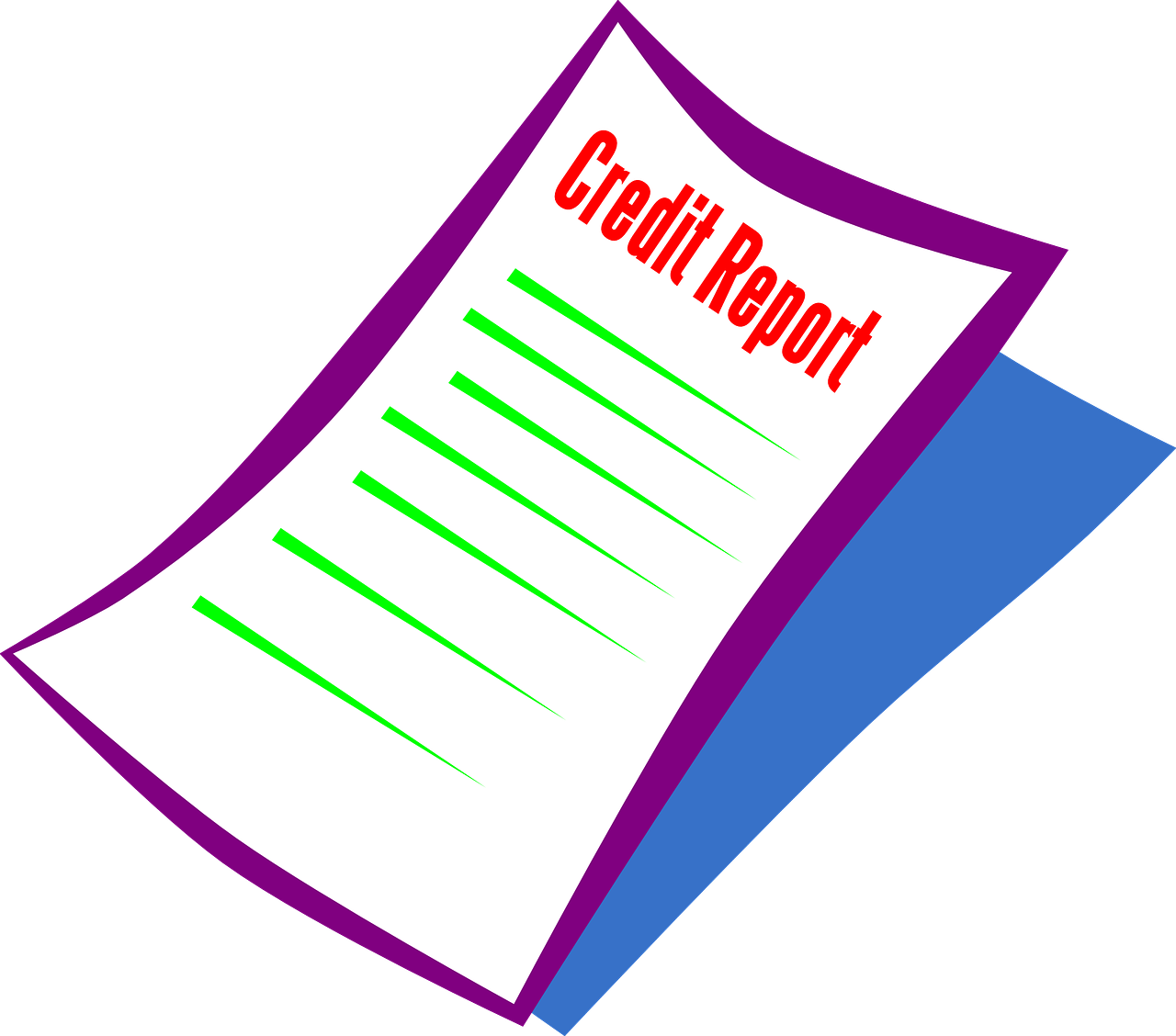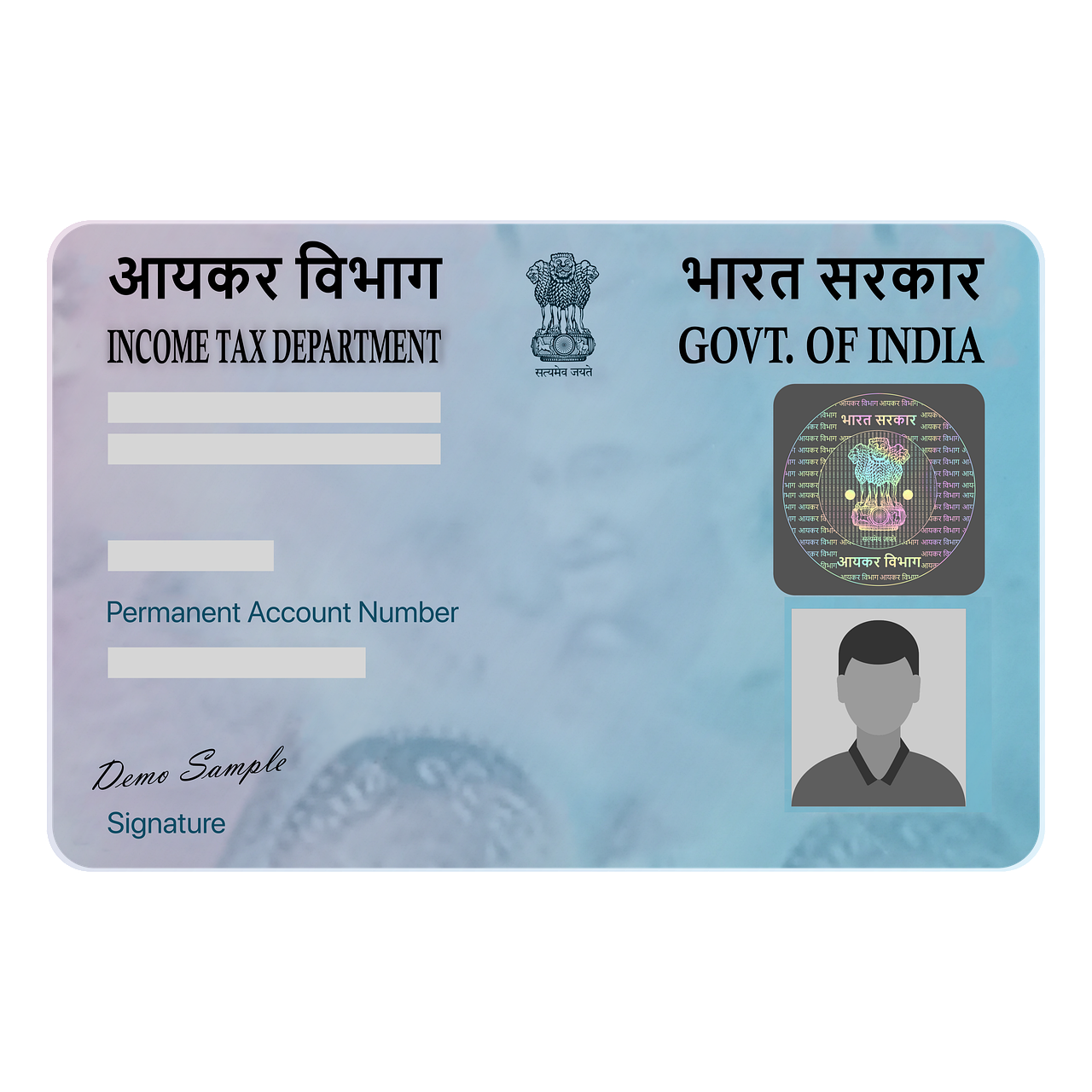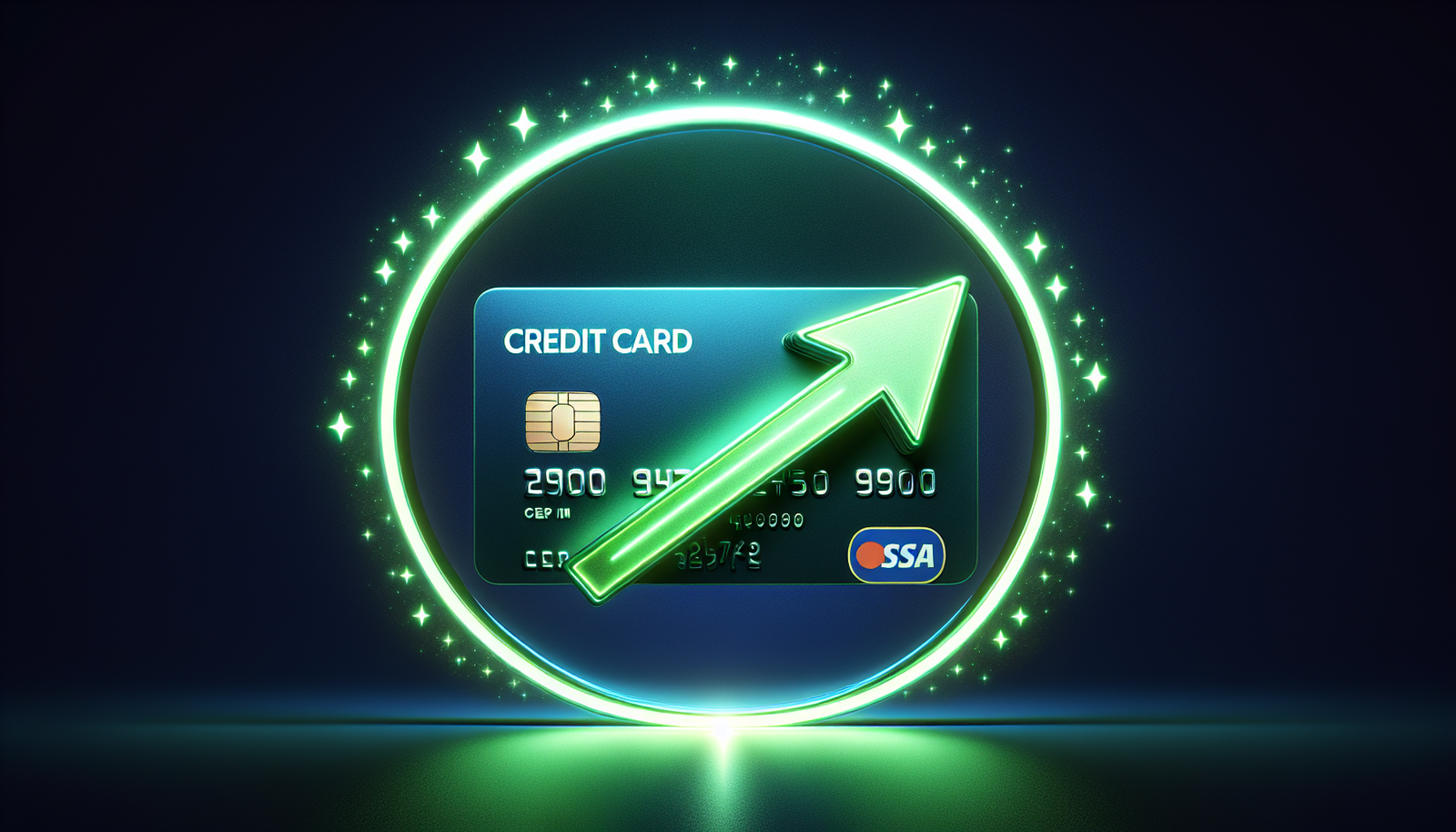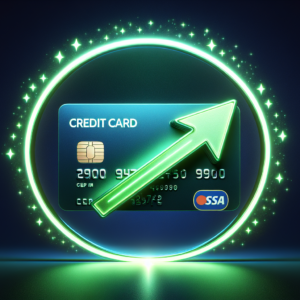Are you looking to improve your credit score? Well, you’re in luck! This article ‘Boost Your Credit Score: The Impact of Responsible Credit Card Use’ explores the positive impact that responsible credit card use can have on your credit score. By understanding how to use your credit card wisely and making timely payments, you can effectively boost your credit score over time. So, if you’re ready to take control of your credit and see some positive changes, keep reading!

Understanding Credit Scores
What is a credit score?
A credit score is a numerical representation of an individual’s creditworthiness, which reflects their ability to repay borrowed money. It is a three-digit number that lenders use to assess the risk of granting credit to someone. The credit score takes into account various factors, such as payment history, credit utilization, length of credit history, types of credit accounts, and recent credit inquiries.
Why is it important?
Your credit score is crucial because it plays a significant role in determining your ability to secure credit, such as loans or credit cards. Lenders, landlords, and even potential employers often rely on credit scores to evaluate your financial responsibility and reliability. A higher credit score can provide you with more favorable terms and interest rates, while a low credit score may limit your options and result in higher borrowing costs.
How is it calculated?
Credit scores are calculated by credit bureaus using complex algorithms that analyze the information in your credit report. The most widely used credit scoring model is the FICO scoring system, which ranges from 300 to 850. The key factors that influence your credit score include payment history (35%), credit utilization ratio (30%), length of credit history (15%), types of credit accounts (10%), and recent credit inquiries (10%). Understanding these factors is crucial to improving your credit score.
The Impact of Responsible Credit Card Use
Building a positive credit history
One of the essential aspects of responsible credit card use is building a positive credit history. By consistently making on-time payments, you demonstrate to lenders that you are a reliable borrower. This positive payment history contributes to an increase in your credit score. In contrast, late or missed payments can significantly damage your credit score, making it more challenging to obtain credit in the future.
Lower credit utilization ratio
Credit utilization ratio refers to the percentage of your available credit that you are currently using. Keeping your credit utilization ratio low is crucial for improving your credit score. Ideally, you should aim to keep your utilization below 30% of your available credit. By using a smaller portion of your credit limit, you demonstrate to lenders that you are not overly reliant on credit and are responsible with your finances.
Improving payment history
Making timely payments is a vital aspect of responsible credit card use. Late or missed payments can have a severe negative impact on your credit score and can stay on your credit report for up to seven years. By consistently making payments on time, you establish a positive payment history, which is an essential component of a good credit score. Setting up automatic payments or reminders can help ensure that you never miss a payment and maintain a strong payment history.
Tips for Responsible Credit Card Use
Choose the right credit card
When selecting a credit card, it is crucial to consider your financial goals, spending habits, and credit profile. Different credit cards cater to various needs, such as balance transfers, cash-back rewards, or travel benefits. Take the time to research different options and choose a card that aligns with your needs and offers favorable terms, such as a low-interest rate or no annual fee. Avoid applying for multiple credit cards within a short period, as each application can result in a hard inquiry on your credit report, which can temporarily lower your credit score.
Pay on time and in full
Making timely payments on your credit card is essential for maintaining a good credit score. Late or missed payments can result in penalties, increased interest rates, and a negative impact on your credit score. Whenever possible, aim to pay off your credit card balance in full each month. If that is not feasible, at least make the minimum payment required by the due date to avoid late payment fees.
Keep credit utilization low
As mentioned earlier, keeping your credit utilization ratio low is important for maintaining a healthy credit score. Only use a small portion of your available credit and avoid maxing out your credit cards. Regularly monitor your credit utilization and make adjustments to reduce it if necessary. Paying off your balance in full each month can help ensure that your credit utilization stays low and your credit score remains high.
Monitoring and Managing Your Credit
Regularly check your credit report
Monitoring your credit report regularly is essential for understanding the state of your credit and identifying any errors or fraudulent activity. You are entitled to one free credit report from each of the three major credit bureaus (Equifax, Experian, TransUnion) annually. Review your credit report for accuracy and report any discrepancies promptly. Identifying and resolving errors or issues on your credit report can help improve your credit score.
Take steps to correct errors
If you discover any errors or inaccuracies on your credit report, take immediate action to correct them. Contact the credit bureau and provide the necessary documentation to support your claim. The credit bureau has 30 days to investigate your dispute and either confirm, correct, or remove the item from your credit report. Correcting errors on your credit report can positively impact your credit score.
Monitor credit card statements
Regularly reviewing your credit card statements is crucial for detecting any unauthorized charges or fraudulent activity. If you identify any discrepancies, promptly report them to your credit card issuer. Acting quickly can help protect your finances and prevent any negative impact on your credit score. Monitoring your credit card statements is also a good practice for maintaining an accurate record of your spending and financial habits.

Other Factors Affecting Your Credit Score
Types of credit accounts
Credit scoring models take into account the different types of credit accounts you have. A diverse mix of credit, such as credit cards, loans, and mortgages, can positively impact your credit score. It demonstrates your ability to manage various forms of credit responsibly. However, it is important not to open multiple new credit accounts simultaneously, as this can negatively impact your credit score.
Length of credit history
The length of your credit history plays a role in determining your credit score. Generally, a longer credit history is more favorable, as it provides lenders with a more extensive record of your financial behavior. If you are new to credit, it can take time to build a solid credit history. However, responsible credit card use and timely payments can help establish a positive credit history over time.
Credit inquiries
When you apply for new credit, such as a credit card or loan, the lender typically requests your credit report, resulting in a hard inquiry on your credit. Multiple hard inquiries within a short period can have a negative impact on your credit score. If you are shopping for the best rates on a loan or credit card, try to do so within a focused timeframe to minimize the impact on your credit score.
The Importance of Patience and Persistence
Gradual improvement over time
Improving your credit score is not an overnight process; it requires patience and persistence. Responsible credit card use, timely payments, and other positive credit behaviors gradually contribute to an increase in your credit score over time. By consistently practicing good financial habits, you can steadily improve your creditworthiness and access better credit opportunities in the future.
Avoiding unnecessary credit inquiries
As mentioned earlier, multiple credit inquiries within a short period can negatively impact your credit score. Avoid unnecessary credit inquiries by carefully considering whether you genuinely need new credit before applying. Only apply for credit when necessary and choose the best options that align with your financial goals and needs. Avoiding unnecessary credit inquiries can help maintain a strong credit score.
Maintain responsible credit behavior
Consistency is key when it comes to credit management. By maintaining responsible credit behavior over the long term, you can see lasting improvements in your credit score. This includes paying bills on time, keeping credit utilization low, avoiding excessive debt, and actively monitoring and managing your credit. By staying committed to responsible credit behavior, you can secure a solid financial foundation and achieve your long-term financial goals.

Seeking Professional Assistance
Consulting a credit counselor
If you are struggling with your credit or need guidance on improving your credit score, consider consulting with a credit counselor. Credit counselors are trained professionals who can evaluate your financial situation, provide personalized advice, and help you develop a plan to improve your credit. They can offer valuable insights and strategies tailored to your specific needs, empowering you to make informed decisions about your credit and finances.
Negotiating with creditors for better terms
If you are facing financial challenges or are unable to meet your credit obligations, don’t hesitate to reach out to your creditors. Many creditors are willing to work with you to find mutually beneficial solutions, such as lower interest rates, extended payment terms, or debt consolidation options. By proactively communicating with your creditors, you may be able to improve your financial situation and prevent further damage to your credit score.
Considering credit repair services
In some cases, you may benefit from professional credit repair services. Credit repair companies specialize in identifying and rectifying errors or inaccuracies on your credit report. They can help you navigate the process of challenging negative items and improving your credit score. However, it is essential to research and choose reputable credit repair services, as there are unfortunately some unscrupulous companies operating in this field.
Common Myths and Misconceptions
Closing credit card accounts helps improve credit score
Contrary to popular belief, closing credit card accounts does not necessarily improve your credit score. In fact, it can have the opposite effect. Closing a credit card account reduces your available credit, which can increase your credit utilization ratio and negatively impact your credit score. It is generally advisable to keep credit card accounts open, especially if they have a long credit history, low or no annual fees, and help maintain your overall credit utilization ratio.
Multiple credit cards negatively impact credit score
Another common misconception is that having multiple credit cards automatically lowers your credit score. While it is important to manage your credit responsibly, having multiple credit cards can actually have a positive impact on your credit score. It increases your available credit and demonstrates your ability to manage multiple credit accounts successfully. However, it is crucial to avoid excessive debt and maintain low credit utilization across all your credit cards.
Carrying a balance increases credit score
Some individuals believe that carrying a balance on their credit cards improves their credit score. This is a misconception. Carrying a balance does not directly influence your credit score. On the contrary, it can result in additional interest charges and potentially increase your credit utilization ratio. Paying off your credit card balance in full each month is a smarter financial strategy and can positively contribute to your credit score.

Credit Card Use and Your Financial Health
Maintaining a realistic budget
Responsible credit card use starts with a solid understanding of your budget. Create a realistic budget that outlines your income, expenses, and financial goals. By tracking your spending and adhering to your budget, you can avoid overspending and ensure that you can comfortably meet your credit card payment obligations. A realistic budget acts as a financial roadmap and helps you make informed decisions about how to use your credit cards wisely.
Avoiding excessive debt
Using credit cards responsibly means avoiding excessive debt. It can be tempting to make purchases beyond your means, especially with the convenience of credit cards. However, accumulating excessive debt can quickly spiral out of control and lead to financial hardship. Only charge what you can comfortably afford to pay off in a timely manner. Maintaining a healthy debt-to-income ratio is crucial for your financial well-being and long-term credit health.
Developing good financial habits
Responsible credit card use is part of a broader set of good financial habits. From saving money to investing wisely, developing good financial habits lays the foundation for long-term financial success. Set financial goals, establish an emergency fund, and seek out opportunities to grow your wealth responsibly. By developing good financial habits, you can ensure that your credit card use remains a positive and beneficial aspect of your overall financial health.
Conclusion
Understanding credit scores and the impact of responsible credit card use is crucial for achieving and maintaining a good credit standing. By building a positive credit history, keeping credit utilization low, and making timely payments, you can improve your credit score over time. Monitoring your credit, addressing errors promptly, and practicing good financial habits are essential for long-term credit health. While seeking professional assistance can be helpful, it is important to be vigilant about common myths and misconceptions surrounding credit. Ultimately, responsible credit card use, alongside other positive financial behaviors, can contribute positively to your credit score and overall financial well-being.

